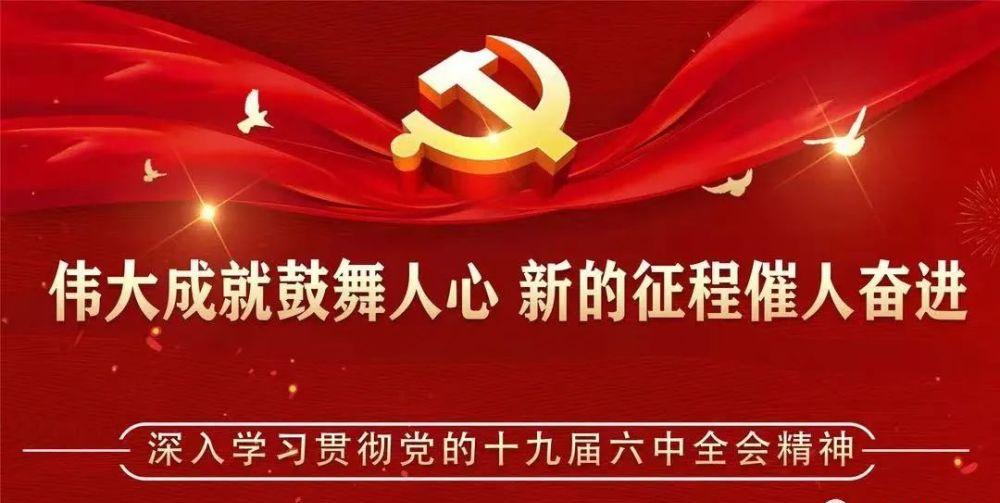
Today is the annual Cold Food Festival, so how did the Cold Food Festival come about, and what are the customs of the Cold Food Festival?
The Cold Food Festival, also known as the "No Smoking Festival", "Cold Festival", and "105 Festivals", is celebrated 105 days after the winter solstice in the summer calendar and one or two days before the Qingming Festival. At the beginning of the day, when the festival is held, no fire is smoked and only cold food is eaten. In the development of later generations, the customs of sacrifice sweeping, walking green, swing, bowing, hooking, cockfighting and so on were gradually added, and the cold food festival lasted for more than 2,000 years, and was once known as the first major festival day of the people.
The Cold Food Festival is the only festival among the traditional Han Festivals named after food customs. Later, because the cold food and Qingming were closer, people combined the cold food and qingming together only for the Qingming Festival. The Cold Food Festival is usually the 105th day after the winter solstice, which is similar to the date of the Qingming Festival.
Cold Food Festival Source
According to historical records, during the Spring and Autumn Period, the Prince of the Jin Dynasty went into exile in other countries for nineteen years to avoid the disaster, and the chancellor Jiezitui always followed left and right, never abandoned, and even "cut off the shares". Heavy ear and hard work, became a generation of famous monarchs "Jin Wengong". However, Jiezi Tui did not seek Lilu, and returned to the Hidden Mianshan Mountain with his mother, and Jin Wengong ordered the mountain to be set on fire in order to force him to go out of the mountain to meet him, and Jiezi Tui resolutely did not go out of the mountain, and eventually died of fire. Jin Wengong was grateful for the aspirations of his loyal subjects, buried him in Mianshan Mountain, built a temple, and ordered that fire and cold food be banned on the day of the death of The Meson to send mourning, which is the origin of the "Cold Food Festival".
Before the reform of the Tang Dynasty Calendar in the early Qing Dynasty, the Qingming Festival was scheduled two days after the Cold Food Festival; After the Tang reform, the Cold Food Festival was set one day before the Qingming Festival. The modern twenty-four solar terms are based on the Tang dynasty, so the Cold Food Festival is the day before the Qingming Festival.
From the Spring and Autumn Period to the present, the Cold Food Festival has a history of more than 2,600 years, and the customs of eating cold food, sacrifices, and walking on the green on this day have also been handed down and accepted by the whole country. With the passage of time, the Cold Food Festival quietly merged into the Qingming Festival. The people's praise for loyalty, integrity, and political clarity represented by cold food is the same for thousands of years.
Cold Food Festival Customs
After introducing the origin and difference between the Cold Food Festival and the Qingming Festival, what kind of customs does it have?
Cold Food Festival Custom 1: No smoking cold food, only cold food
In ancient times, the cold food festival was also called "no smoking festival", and every family was forbidden to make a fire and ate cold food. The Cold Food Festival is particularly famous for its youth.
Cold Food Festival Customs 2: Sweep the grave to worship the ancestors, go to the grave to worship the sacrifice
When the people go to the grave, the family or a clan goes to the ancestral cemetery together, offers sacrifices, adds soil, hangs paper money, and then sprinkles the swallows and snakes and rabbits on the top of the grave, rolls down, wears them with willow branches or knots, and places them in the high place of the house, meaning to touch the ancestor Deze.
Cold Food Festival Custom Three: Go out and explore as much as you want
Stepping on the spring, flourishing in the Tang and Song Dynasties. Song Li Zhiyan's "What I Saw in the East Valley" says: "After visiting and sweeping things, I visited with my brothers, wives, relatives, and friends and returned with all the joy." The Ming Dynasty's "Imperial Scenery Strategy" records the scene of The Beijing Effect stepping on the Green Road as follows: "On the Qingming Day of the Year (Cold Food), all the people step on the Green, and the public opinions, riders, pacers, and tourists are tens of thousands." "It's a huge deal.
Cold Food Festival Custom Four: Poetry, Touching the Scene
During the Cold Food Festival, the literati either miss their relatives or borrow the scenery to generate affection, especially with many feelings, inspiration, poetry, and many chanters.
section
day
price
value
The cold food festival contains the political aspirations of promoting the country and worrying about the people, being loyal to the king and loving the country, being clear and honest, and the dedication spirit of "meritorious deeds and deeds" and retiring from the country, which is the code of ancient social ethics and the link of social stability and national unity, and still has important practical significance.
Source: Dongxiang Cultural Tourism